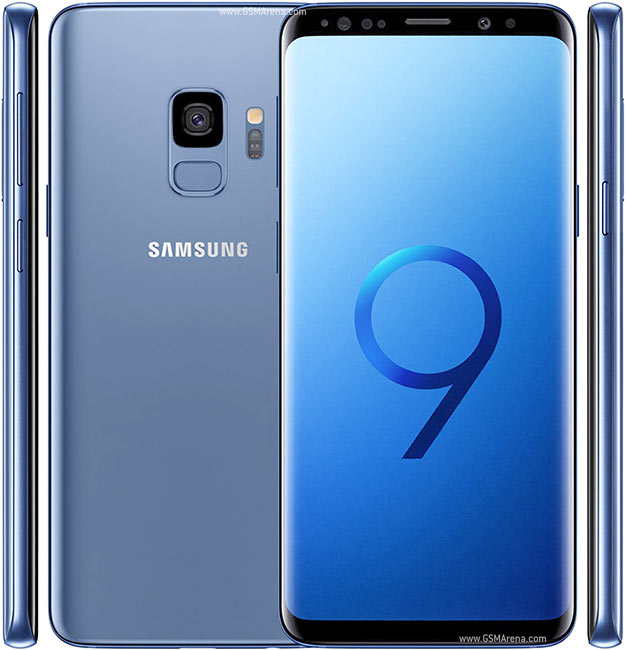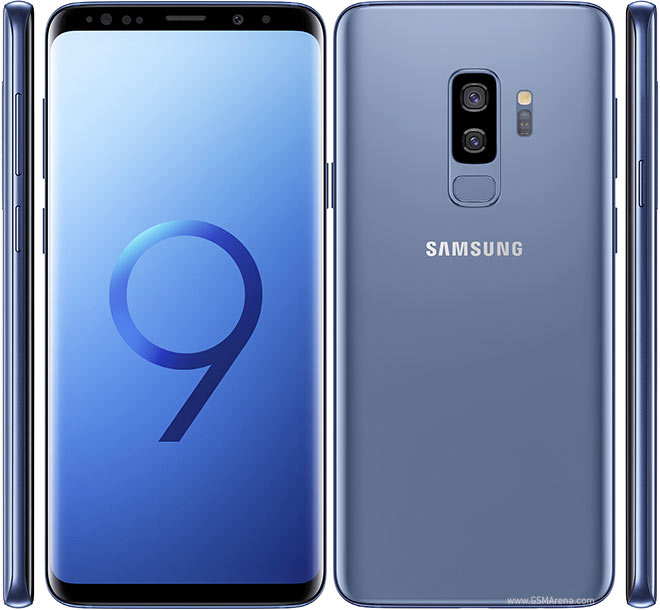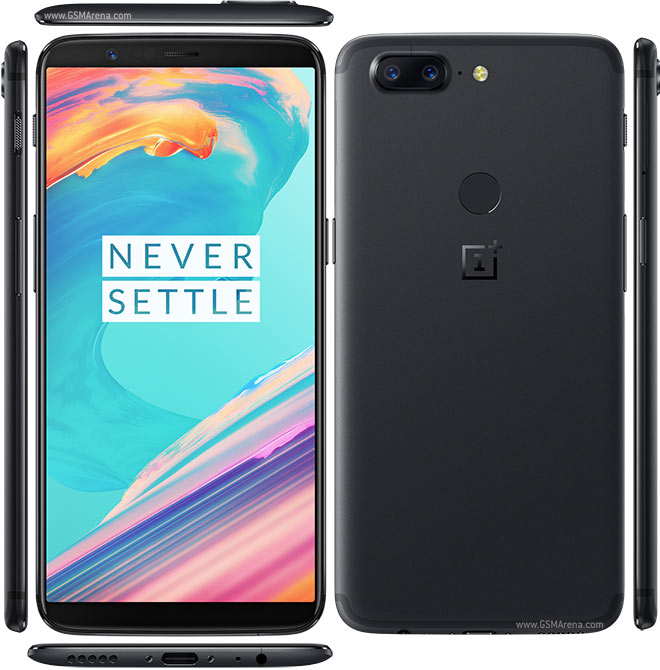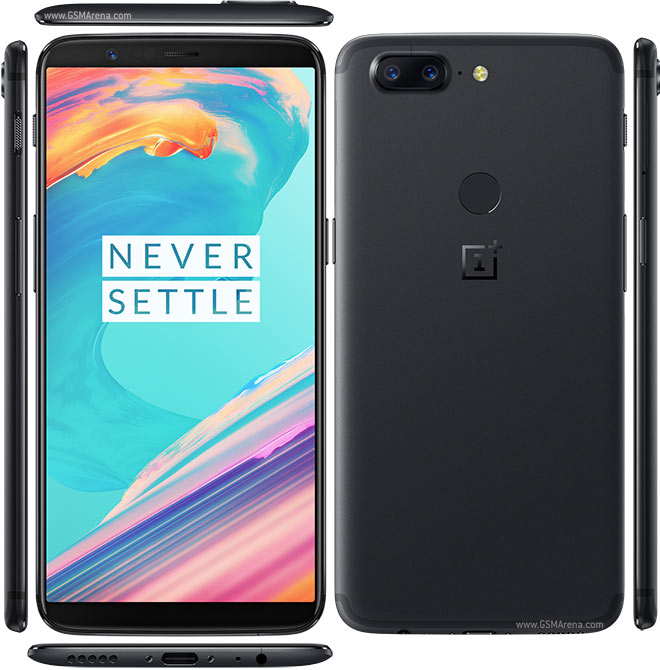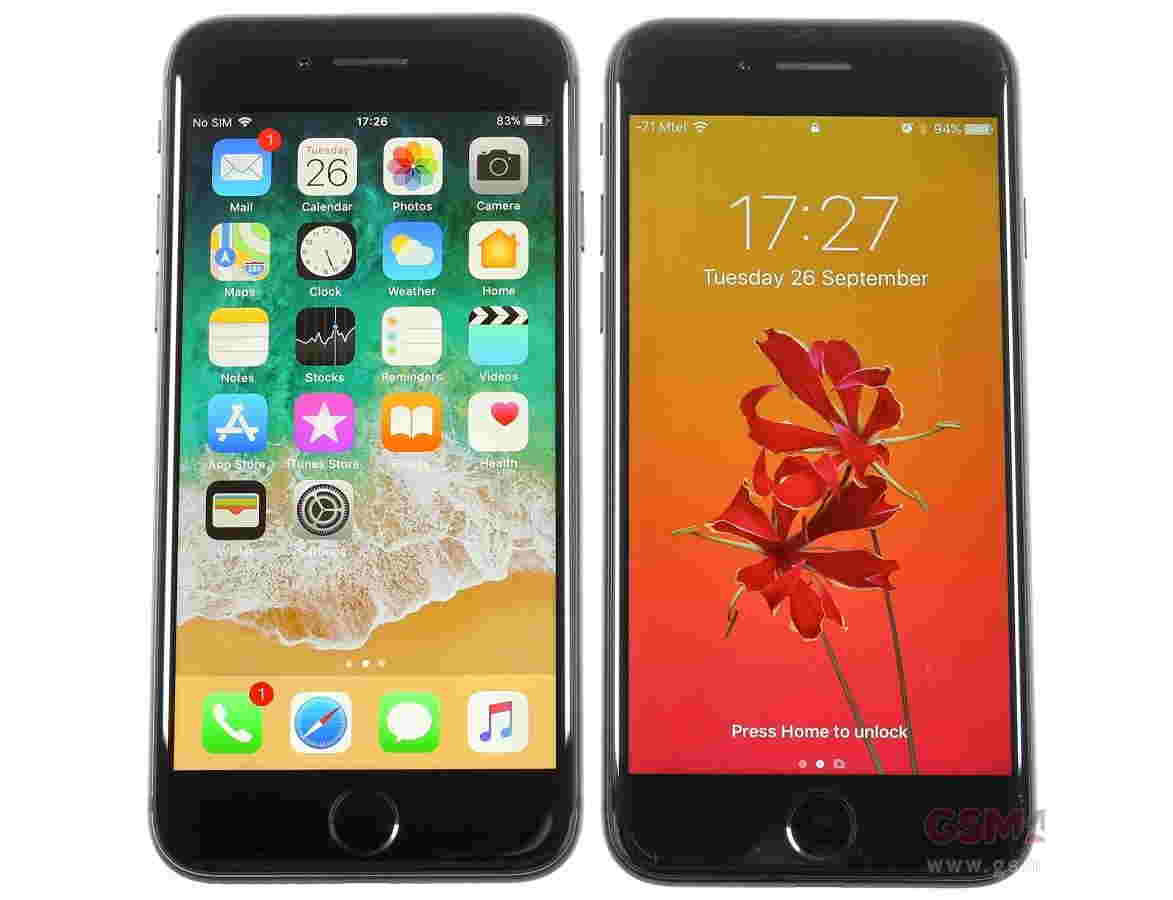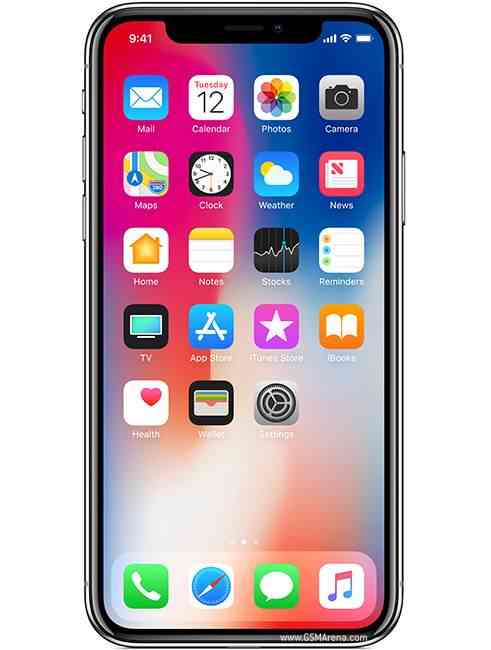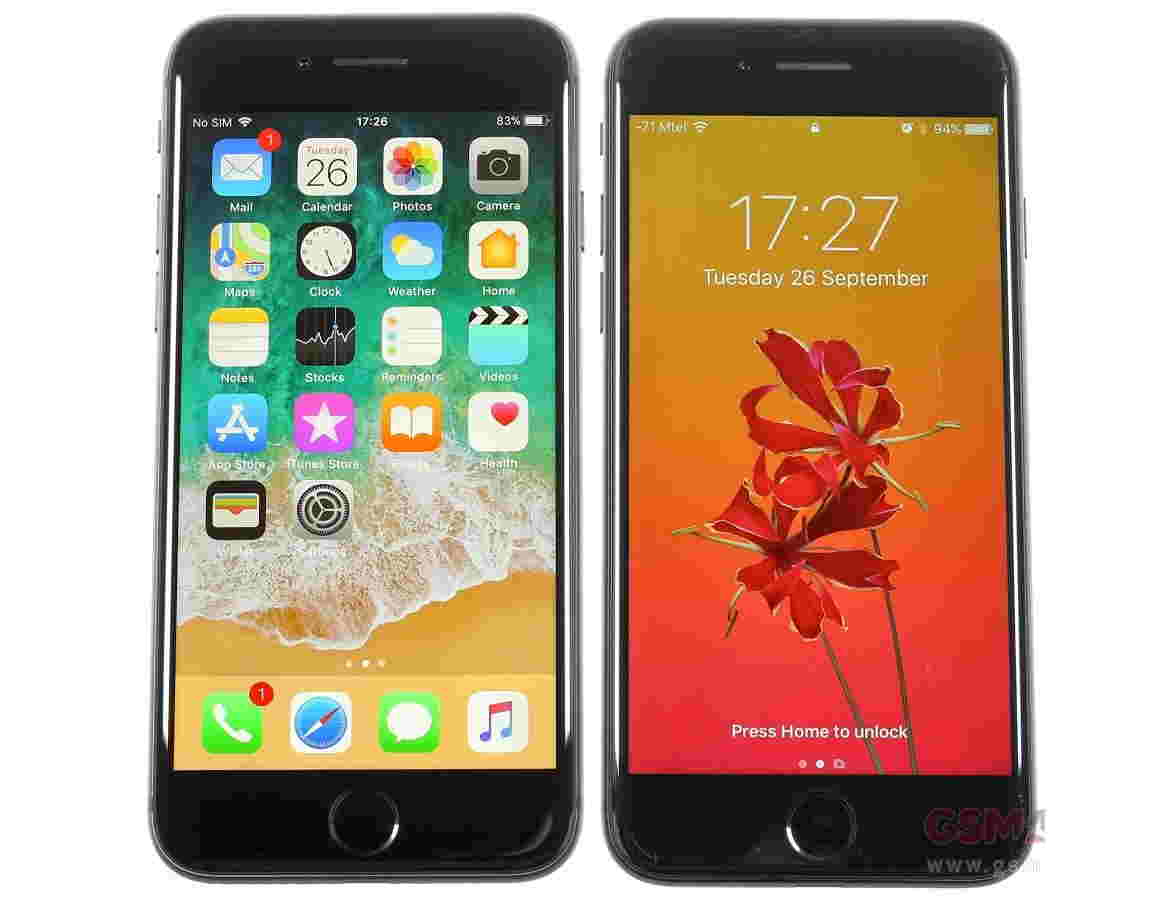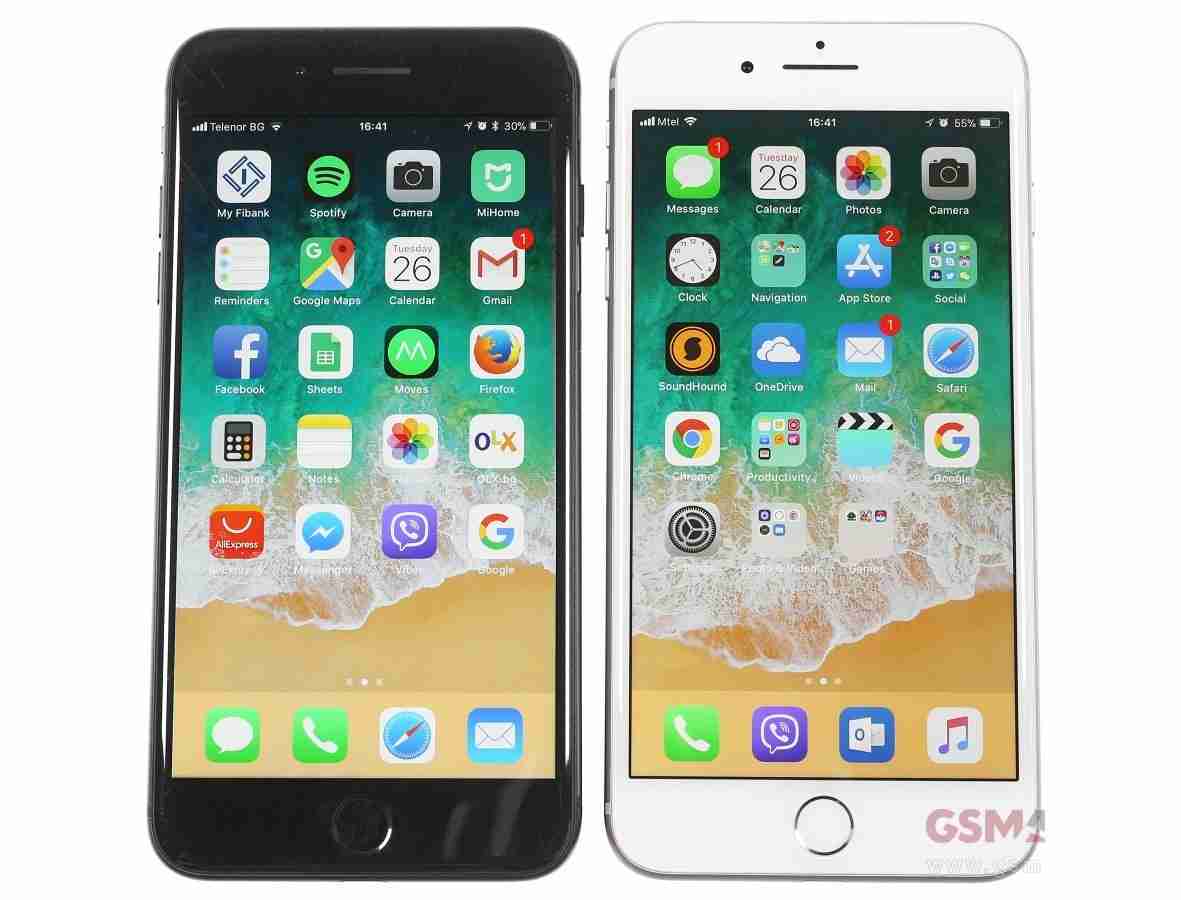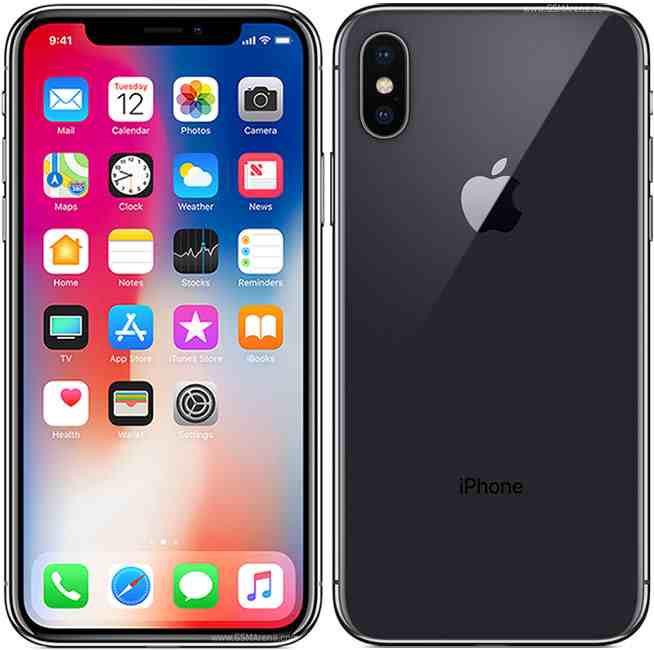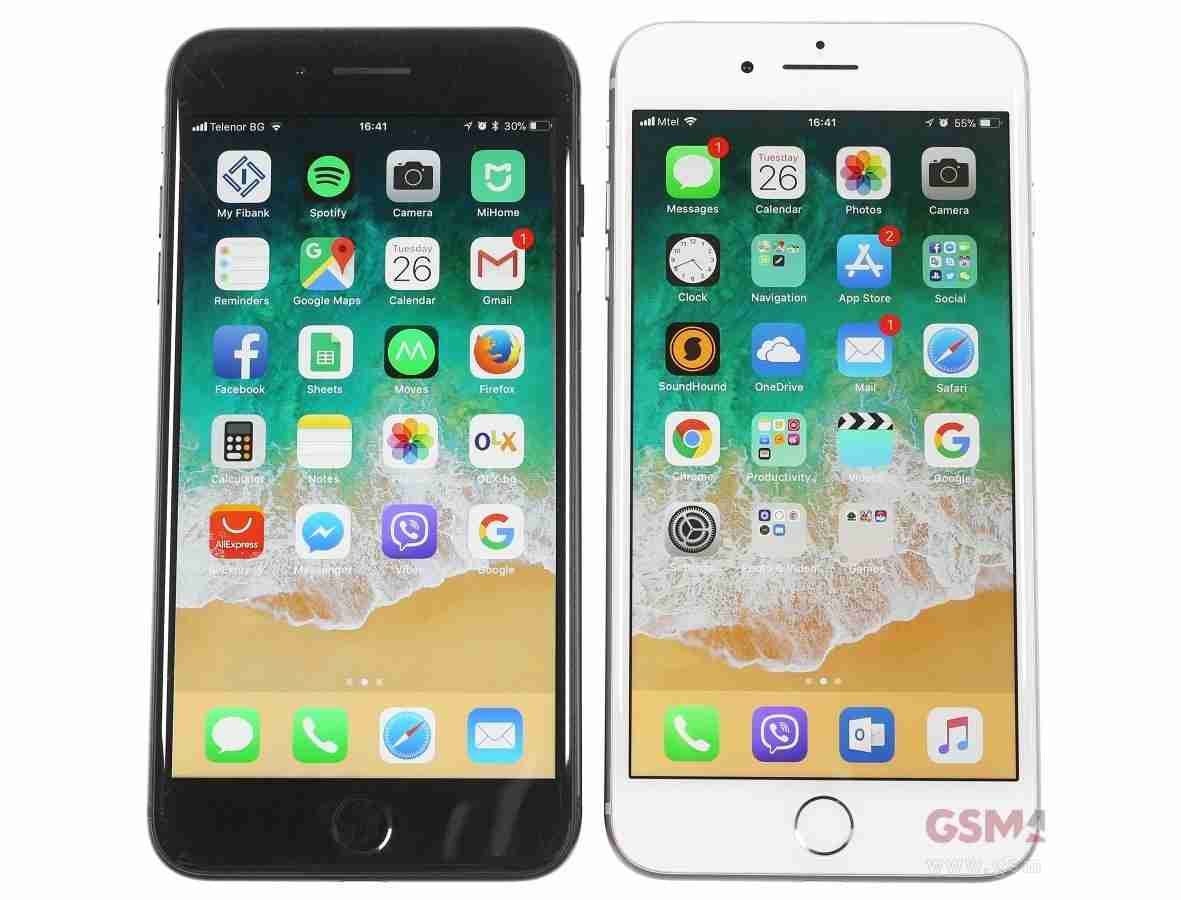
Sprint now stands accused of a charge that's already been leveled against two of its competitors in the US: putting unauthorized charges on its subscribers' bills.
The US Consumer Financial Protection Bureau today filed a lawsuit against Sprint for this practice, which is known in the mobile industry as "cramming," reports Reuters.
Previously the US Federal Trade Commission (FTC) sued both AT&T and T-Mobile for the same thing, and AT&T was forced to pay out $105 million to customers.
The T-Mobile case is ongoing, and so far it doesn't look good for Sprint.
The Plot thickens
The Protection Bureau says that Sprint let third parties charge its users tens of millions of dollars for services those customers hadn't requested, like horoscopes and ringtones, between 2004 and 2013. Sprint earned 40% of the gross revenue from these unsolicited transactions, the Bureau alleges.
The Federal Communications Commission (FCC) is involved as well, and reportedly may level a $105 million charge against Sprint, much like what AT&T got hit with.
But Sprint says it took steps to monitor and curb third-party charges, and a Sprint spokeswoman asserted that the Protection Bureau has an ulterior motive: to "use this issue as the test case on whether it has legal authority to assert jurisdiction over wireless carriers."
All this has to make you wonder: when will Verizon have its turn in the cramming spotlight? Or is Big Red innocent in this case?
- The OnePlus One was the biggest surprise of 2014




